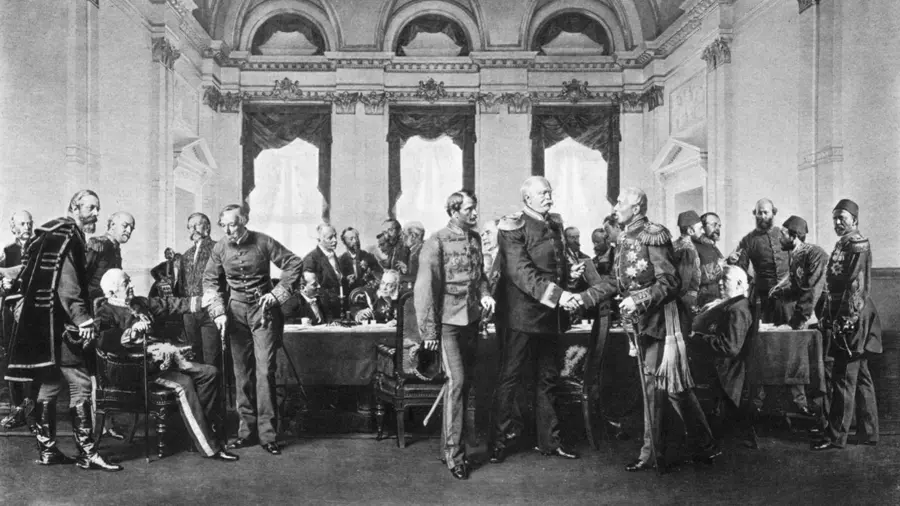The issue of colonial borders in Africa is a complex one that has deep historical roots. To understand the implications of these borders today, it is essential to consider their origins and the motivations behind their creation.
During the 19th century, European powers began to scramble for African territories through a series of colonization efforts. This period of intense imperialism, known as the Scramble for Africa, resulted in the partitioning of the continent into numerous territories that were often artificially created with little regard for existing ethnic, cultural, or political divisions.
The creation of colonial borders was primarily driven by economic and strategic considerations. European powers sought to maximize their control over African resources and exploit them for their own benefit. By dividing the continent into separate territories, they could more easily assert control over these valuable assets. Additionally, colonial borders were often drawn to create buffer zones between rival European powers, further consolidating their hold on Africa.
The consequences of these arbitrary borders are still felt today, with numerous ethnic conflicts and civil wars occurring in regions where these divisions have led to tensions. In some cases, these conflicts have even spilled over into neighboring countries, further destabilizing the region. For example, the conflict in South Sudan has had a significant impact on its neighbors, particularly Uganda, which has experienced a surge of refugees fleeing the violence.
The continued existence of colonial borders also hinders economic integration and development across Africa. By creating numerous small countries, it becomes more difficult for them to collaborate and pool their resources to develop infrastructure, trade, and other essential elements of a strong economy. This lack of regional integration is often cited as one of the primary reasons why African countries have struggled to compete on a global scale.
To address these issues, some argue that African countries should work towards dissolving colonial borders and fostering greater unity and cooperation across the continent. This could be achieved through various means, such as promoting regional economic integration, strengthening regional institutions like the African Union, and investing in education and capacity-building to create a more skilled and diverse workforce.
However, it is important to recognize that this process would likely face significant challenges and opposition from various quarters. For one, many African leaders may be reluctant to cede power or sovereignty over their territories, even if doing so could benefit the continent as a whole. Additionally, there may be resistance from foreign powers who have vested interests in maintaining the status quo of divided and weakened African countries.
In conclusion, the issue of colonial borders in Africa is a significant one with deep historical roots and complex implications for the continent today. Addressing this issue will require concerted efforts to promote greater unity and cooperation across Africa, as well as addressing the underlying economic, political, and social factors that have contributed to its persistence.
It is crucial for African countries to work together to overcome these divisions and build a more prosperous and united continent. Only by doing so can they truly break free from the legacy of colonialism and chart a new course towards a brighter future for all Africans.

